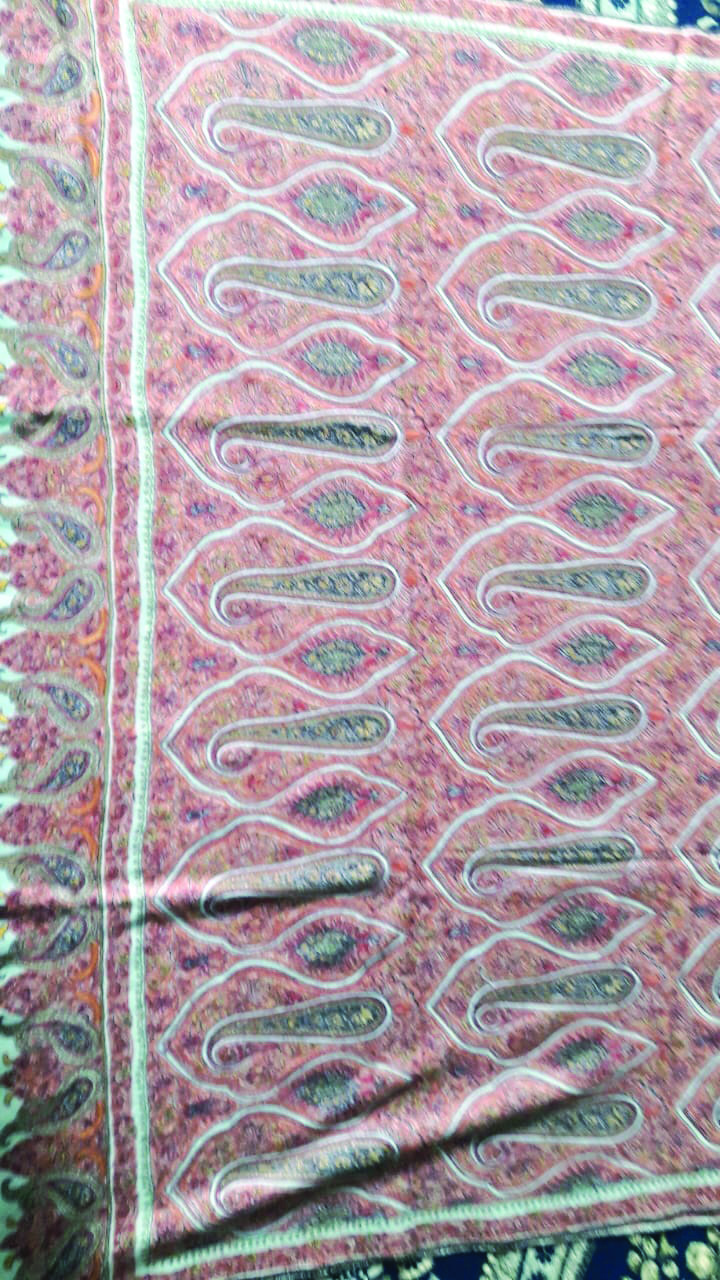Afghan & Kashmiri traders struggling to adapt to changing market dynamics in city

Kolkata: As winter sets in, Kolkata’s traditional markets are witnessing a decline in the once-thriving businesses of Afghan and Kashmiri traders, who have long relied on the city’s streets to sell dry fruits and winter garments. For over three decades, these traders have flocked to Kolkata, but rising costs, online shopping and increasing taxes have significantly impacted their livelihoods.
Kashmiri traders, particularly from Budgaon, have been a vital part of the city’s winter market, offering handmade shawls, sweaters, blankets and jackets from November to March. However, the business is now facing steep challenges. “When I first came to Kolkata 30 years ago, the market was booming,” says Afzal Shaikh, a veteran Kashmiri vendor. “Now, it has dropped significantly.” He points to soaring flight fares, which have nearly doubled since the pandemic. “Before COVID, a one-way flight cost Rs 10,000 to Rs 12,000; now it’s Rs 15,000 to Rs 18,000. If we miss a direct flight, we have to take the train, which adds extra costs to ensure our goods are safe.” The younger generation is also showing less interest in continuing the family trade. “Online shopping has changed consumer habits,” says Amzad Hasan, another Kashmiri trader. “People now trust digital platforms more than traditional markets.”
In contrast, Afghan traders selling dry fruits are seeing relatively stable demand. “People still buy our products as gifts during winter,” says Samima Razia, an Afghan
vendor. “We don’t have shops, but our loyal customers continue to seek us out.” However, Afghan traders, like their Kashmiri counterparts, are frustrated by rising costs and taxes. “The GST and other taxes have cut into our profits,” says Mariyam Jo, another Afghan vendor. “The government needs to reduce tariffs so we can continue contributing to the economy.”
Despite the difficulties, many traders remain hopeful. “We earn around Rs 1 lakh to 1.5 lakh from this business,” says a Kashmiri garment seller. “But this isn’t enough to sustain us for 8 months. We come here to sell during the off-season and also run other businesses in Kashmir.” Similarly, Afghan traders maintain year-round operations, exporting dry fruits to India and other countries.
For now, these traders continue to adapt, hoping to weather the changing retail landscape.
(All names have been changed)

TIRTHANKAR DAS
Experienced Reporter cum Social Video Producer/Editor with a demonstrated history of working in broadcast, print, and digital media for the last 6 years. Skilled in Video Editing, along with reporting, shooting and social media strategizing. Bachelor in Media Science with specialisation in Print Media & Photojournalism from NSHM Knowledge Campus, Kolkata. Awardee: National Press Awards 24, Sangbad Prabhakar Awards 24.


